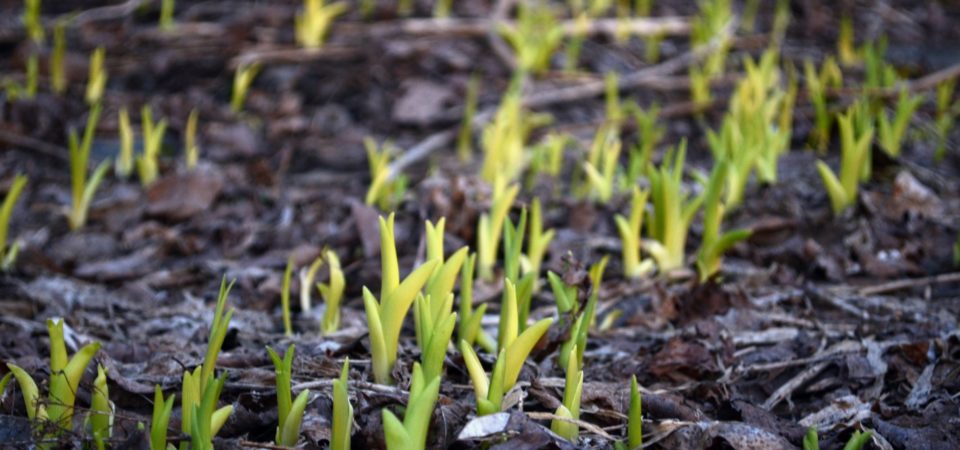Ecologists long thought small or secluded fragments of habitat weren’t of much value for nature. Recent research says otherwise.
Scientific thinking changes as new evidence comes to light. One vital new insight is the importance of saving even tiny, isolated remnants of native vegetation.
Decades of research on fragmented habitats has shown that small, isolated patches of habitat are often ecologically depauperate — deficient in top predators and specialized old-growth species, and suffering from a wide variety of ecological woes.
This research correctly shows the vital importance of protecting Earth’s vanishing wilderness areas.
But such studies have also convinced some people that very small, isolated patches of native vegetation are nearly worthless. In many places, these tiny remnants are being bulldozed and razed to the ground.
That, it turns out, is dead wrong. Here are three reasons why even small tufts of native vegetation can be critically important in the face of the unrelenting expansion of the “human footprint” in many parts of the world.
Read the complete article here.
The views and opinions expressed through the MAHB Website are those of the contributing authors and do not necessarily reflect an official position of the MAHB. The MAHB aims to share a range of perspectives and welcomes the discussions that they prompt.
